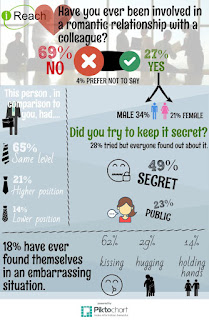iReach Insights Press Release
SIGN UP, TAKE PART in our surveys for free and GET REWARDED! iReach Conversations
- 92% of those surveyed will celebrate Christmas this year!
- 86% will spend time with family and friends during Christmas
- Over 7 in 10 (71%) wish that Santa Claus was real.
- 89% reported feeling extra financial pressure with Christmas approaching.
- Over half (58%) will attend Christmas Mass or St. Stephens Day Mass.
- One-quarter (25%) list “Fairytale of New York” as their favourite Christmas song.
- 80% will put up a Christmas Tree this year.
As the holidays rapidly approach, Christmas is increasingly on everyone's mind, and plans for the holiday are at the forefront of many conversations. In a recent survey, iReach asked 1000 people in Ireland if and how they were planning on celebrating Christmas this year, their attitudes towards Christmas presents and financial pressure due to Christmas. The survey questions were included in the Nationally Representative iReach Consumer Decisions Omnibus run between the 23th November and the 30th November and has a 3% Confidence Interval and 95% Confidence Level.
Of those surveyed, almost all (92%) are celebrating Christmas, with 86% spending time with family and friends during the Christmas season. Other popular activities include eating Christmas Dinner (83%), putting up a Christmas Tree (80%), and decorating the house (78%). Others are planning on wearing a Christmas jumper to get into the Christmas spirit, with almost half (43%) stating they will wear one at some point. Popular times for those planning on wearing one include Christmas Day (49%) and random days throughout the Christmas holidays (45%), although 17% are planning on wearing one to a work party.

Often Christmas comes along with giving Christmas presents, and 8 in 10 of those celebrating Christmas responded that they will go Christmas shopping this year. Nevertheless, only 78% are planning on wrapping Christmas presents, 68% of males and 87% of females.
Most respondents appear to be on top of buying Christmas gifts, with only 16% waiting until the 23rd and 24th of December to buy gifts. Most buy their Christmas gifts in early December (57%), rather than getting ahead in October (12%) or November (39%). Only 5% buy gifts during the January Sales in preparation for next year. Of those who celebrate Christmas, over one-third (39%) are buying Christmas presents for people they can’t stand, with 14% buying at least 4 gifts.
Christmas is a time of celebration, happiness and good cheer. We at iReach wish you a very Merry Christmas filled with all your favourite Christmas songs (which for 25% of respondents includes “Fairytale of New York” as their absolute favourite)!
What about you? Share and comment!
SIGN UP, TAKE PART in our surveys for free and GET REWARDED! iReach Conversations

















